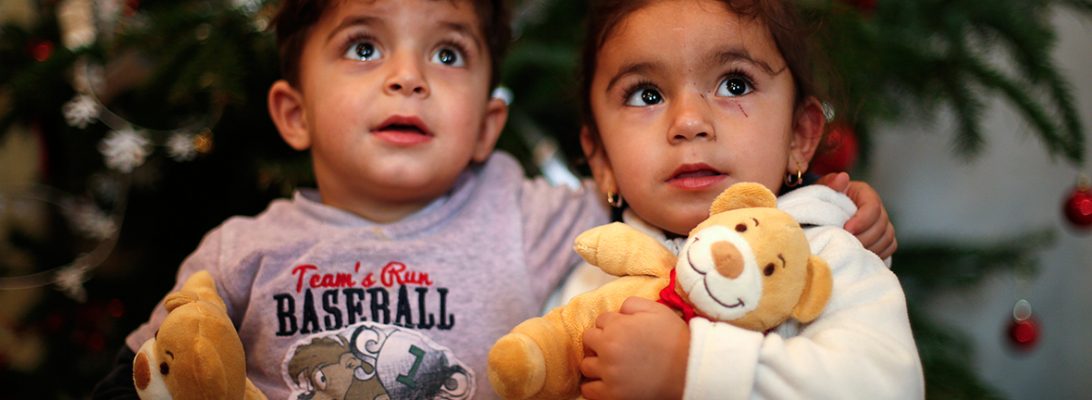I’ve taken up running again (grateful nod to the best physio in the world), and to keep me company I’ve downloaded hours of nerdy sciencey podcasts – and it’s brilliant!
My current addiction is “You Are Not So Smart” – it’s super informative and one doesn’t have to be a scientist or academic to ‘get’ it. And it has this way of helping you to understand that a lot of what you thought you knew is wrong – or at least has been improved upon. If only I could force all the world leaders to subscribe … AND it’s free! ( As I’m here I also recommend 99% Invisible and The infinite Monkey Cage which is very funny as well as fascinating).













